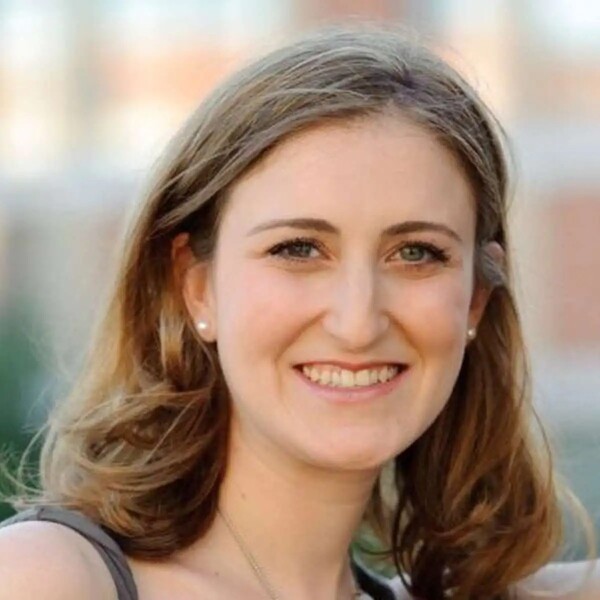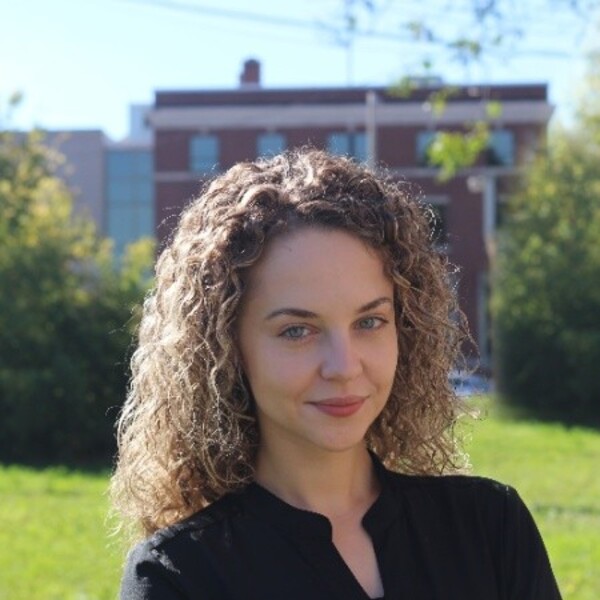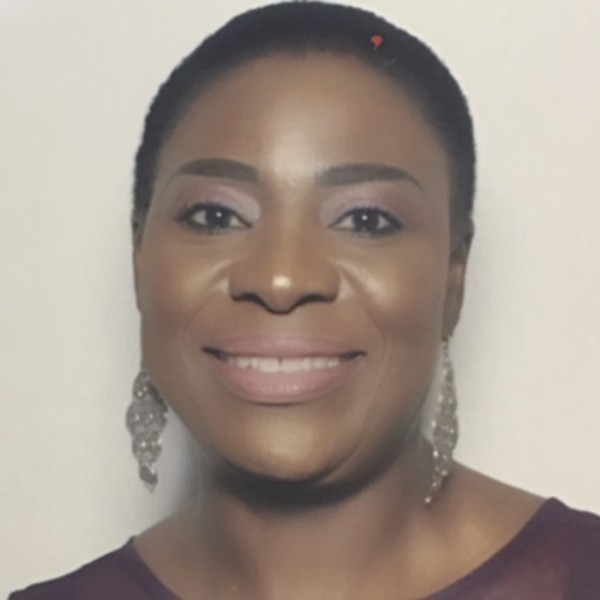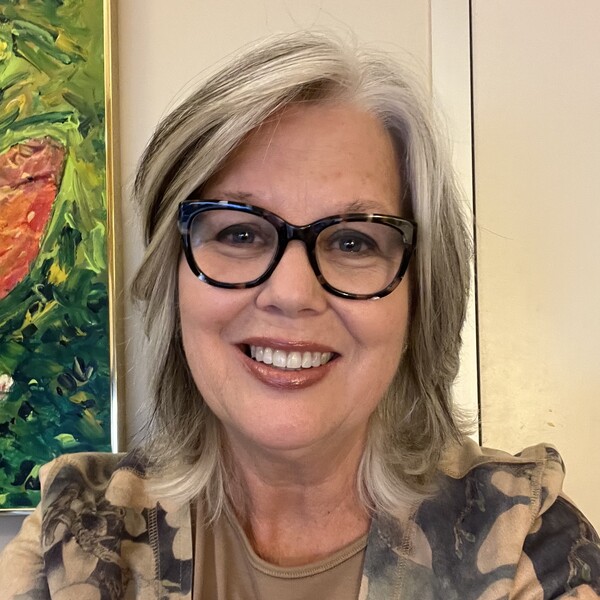Moments of pandemic resilience in our Ob-Gyn Department community
Five members of the Ob-Gyn Department share moments in which our collective creativity, tenacity, and dedication enabled us to pivot and continue our work
The pandemic continued to present challenges that the Department overcame with strength and resilience. Despite changes to academic programming, the clinical setting and the Ob-Gyn practice, faculty, trainees and staff took advantage of the changing times to adapt in ways that improve the Department and standards of care. The pandemic held silver linings that presented the opportunity for us to reexamine the ways in which we fulfil our goals in education, research, and advocacy through a brand new and unexpected lens. We asked five members of our Ob-Gyn Department community to share a moment that highlights one of the many ways in which our collective creativity, tenacity, and dedication enabled us to pivot and continue our work, despite the disruptions.
- Dr. Olga Kciuk, PGY5 resident: "Put me in, coach!" Residents step up to an intense new challenge
- Dr. Eliane Shore, assistant professor: Disseminating reliable knowledge to the public in innovative ways
- Dr. Modupe Tunde-Byass, assistant professor: Building community through COVID
- Elizabeth Gan, CME administrative course director: Making lemonade out of lemons: CME's pivot to the virtual space
- Salvo Candela, business manager: The admin team at 123 Edward steps up

Disseminating reliable knowledge to the public in innovative ways
Dr. Eliane Shore, assistant professor and obstetrician-gynaecologist at St. Michael's Hospital
The COVID-19 pandemic has changed how we support our patients and how healthcare is delivered. When COVID-19 hit, my colleagues, Dr. Tali Bogler and Dr. Sheila Wijayasinghe from the Department of Family and Community Medicine, and I wanted to help our patients access reliable and up-to-date information relating to this new virus. We developed the Pandemic Pregnancy Guide on Instagram (@pandemicpregnancyguide) with University of Toronto Obstetrics and Gynaecology residents (Sarah Freeman, Sepand Alavifard, and Cheyanne Reed) and medical students.
The purpose of this platform was to provide reliable and up-to-date medical information on COVID-19 in pregnancy and to dispel many of the existing myths and contradictions around COVID-19. We advocated for pregnant individuals to get vaccinated, at a time when they were being denied access to vaccines. We shared, and continue to share, the science around vaccine safety and efficacy during pregnancy and breastfeeding. We have reached over 37K followers – many of them are in Toronto, however, there is national and international engagement as well. We provide medical information related to pregnancy, delivery and postpartum. We are responding to our followers’ requests and growing families to provide information about newborns and young children.
Additionally, we run live exercise classes for pregnant and postpartum individuals, offer mental health resources, breastfeeding support, and live CPR classes. I can readily see the significant and increasing impact of this patient-directed initiative. Such vast knowledge translation would not be possible without our current technological advances. Using technology to educate, inform, and empower women is a very rewarding aspect of my career.
In addition to this, I developed interdisciplinary COVID-19 simulations with our St. Michael’s Hospital fellows (Alysha Nensi and Samantha Benlolo) to facilitate COVID-19 preparedness on labour and delivery. These full-scale in-situ simulations took place on our labour and delivery unit and involved, the nursing team, anesthesia, paediatrics, obstetrics, family medicine obstetrics, midwifery, and our clerical staff. These simulations allowed for the development and refinement of COVID-19 policies and protocols. Through these simulations, all staff felt better equipped to safely care for patients with COVID-19 or suspected COVID-19.




